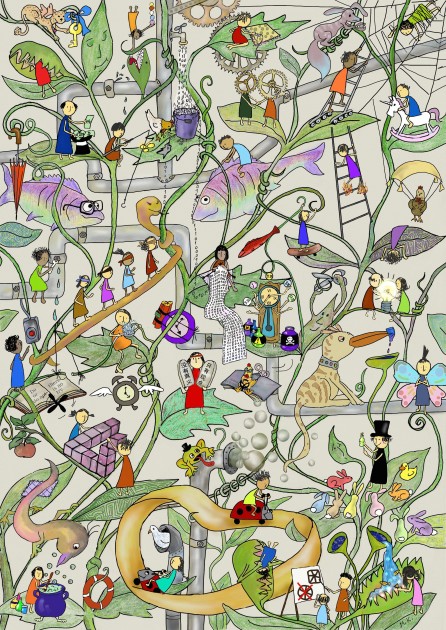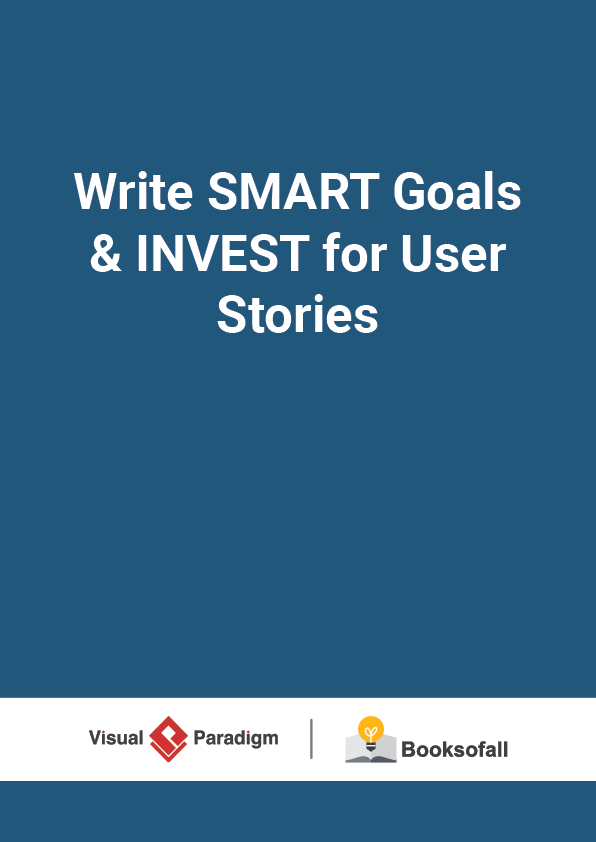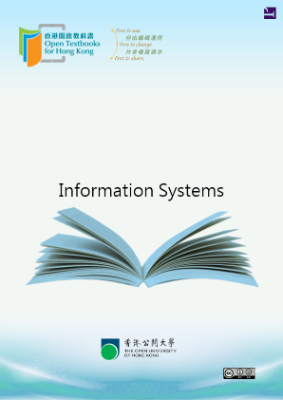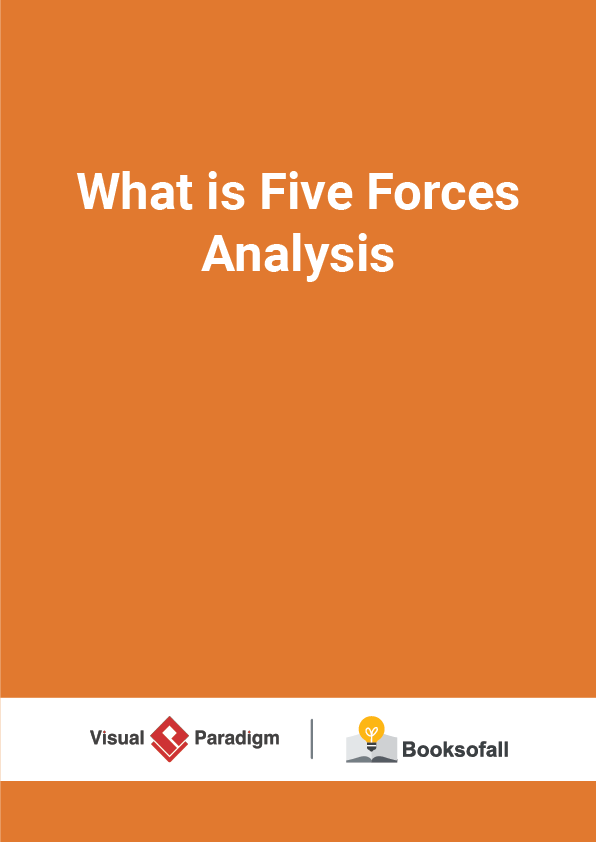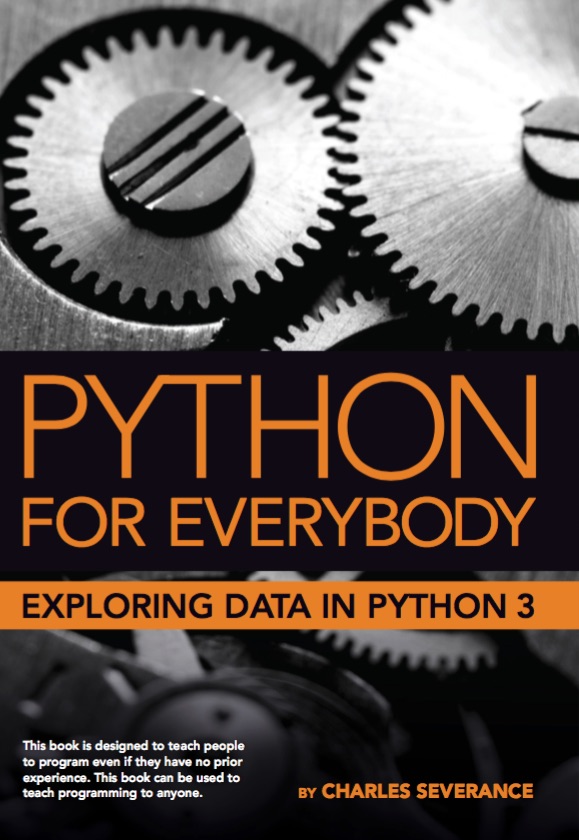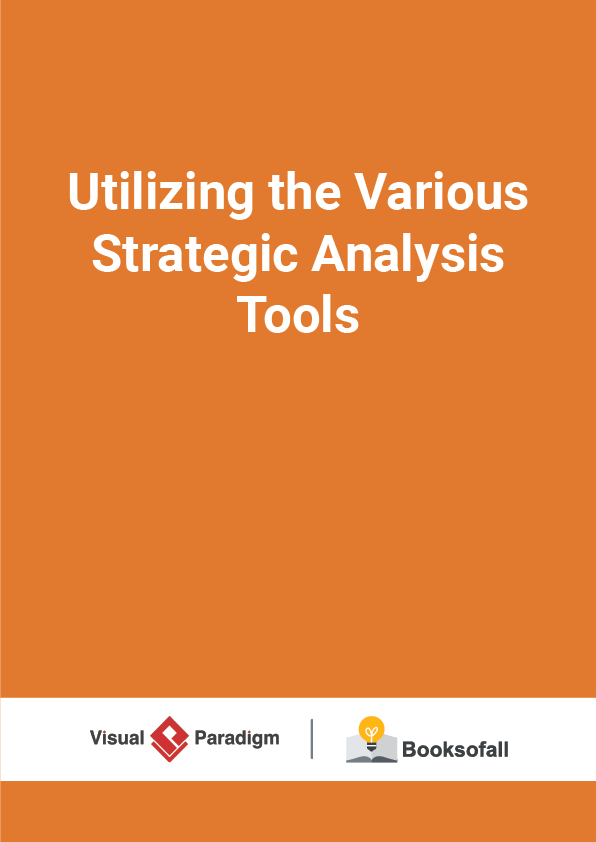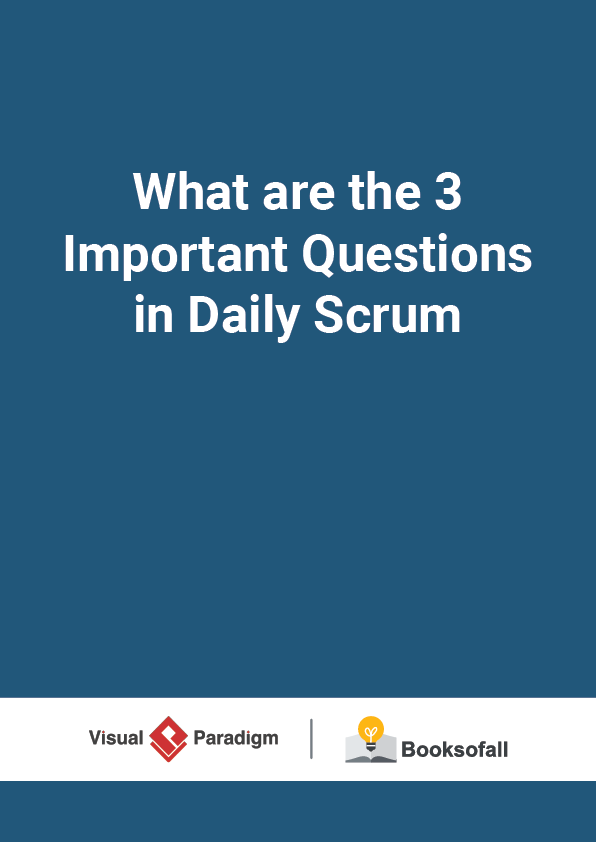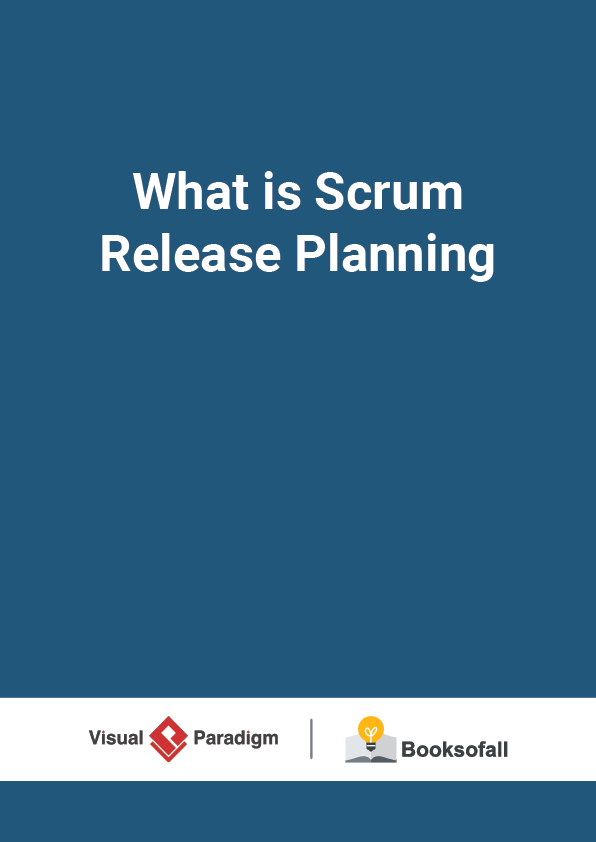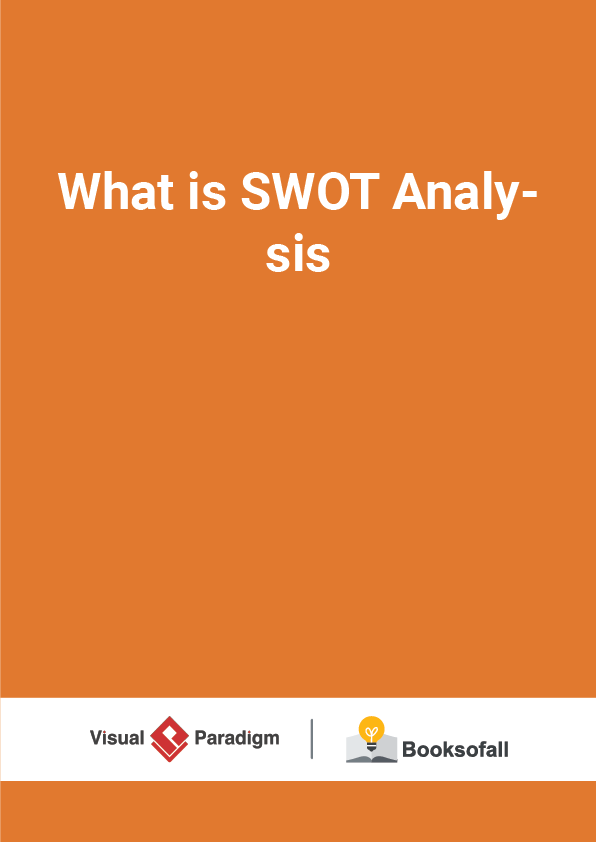This book discusses what is currently known about software engineering, based on an analysis of all the publicly available data. This aim is not as ambitious as it sounds, because there is not a great deal of data publicly available. The intent is to provide material that is useful to professional developers working in industry; until recently researchers in software engineering have been more interested in vanity work, promoted by ego and bluster. The material is organized in two parts, the first covering software engineering and the second the statistics likely to be needed for the analysis of software engineering data.
Software is a product of human cognitive labor, applying the skills and know-how acquired through personal practical experience; it is a craft activity. The expensive and error prone process of learning through personal experience needs to be replaced by an engineering approached derived from the successes and mistakes of others; evidence is the basis for creating an engineering approach to building and maintaining software systems. The craft approach has survived because building software systems has been a sellers market, customers have paid what it takes because the potential benefits have been so much greater than the costs. In a competitive market for development work and staff, paying people to learn from mistakes that have already been made by many others is an unaffordable luxury.
This book discusses all the publicly available software engineering data,939 with software engineering treated as an economically motivated cognitive activity occurring within one or more ecosystems. Cognition, economics and ecosystems underpin the analysis of software engineering activities:
- the labour of the cognitariate is the means of production of intangible goods. Maximising the return on investment from this labor requires an understanding of human cognition,
- cognitive capitalism, the economics of intangible goods, is fundamentally different from the economics of tangible goods, e.g., the zero cost of replicating software means that the entire cost of production is borne by the cost of creating the first item,
- software systems are created and operated within ecosystems of intangibles. The needs and desires of members of these ecosystems supply the energy that drives evolutionary change, and these changes can reduce the functionality provided by existing software systems, i.e., they wear out and break.
